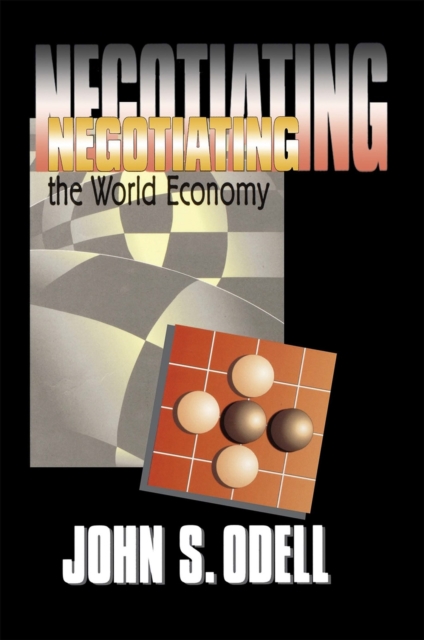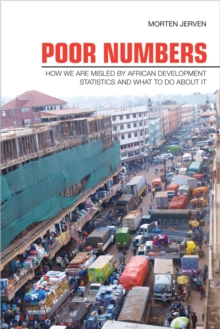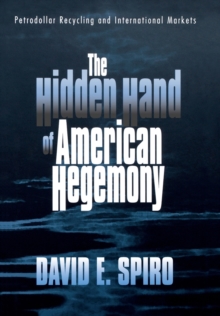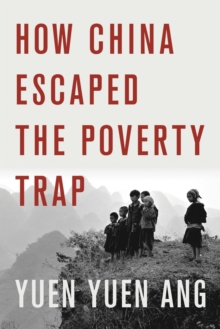
Negotiating the World Economy Paperback / softback
by John S. Odell
Part of the Cornell Studies in Political Economy series
Paperback / softback
Description
It is often said economics has become as important as security in international relations, yet we work with much less than full understanding of what goes on when government negotiators bargain over trade, finance, and the rules of international economic organizations.
The process of economic negotiation shapes the world political economy, John S.
Odell says, and this essential process can be understood and practiced better than it is now. His absorbing book compares ten major economic negotiations since 1944 that have involved the United States.
Odell gives the inside stories, targeting the strategies used by the negotiators, and explaining strategy choice as well as why the same strategy gains more in some situations and less in others.
He identifies three broad factors—changing market conditions, negotiator beliefs, and domestic politics—as key influences on strategies and outcomes.
The author develops an insightful mid-range theory premised on bounded rationality, setting it apart from the most common form of rational choice as well as from views that reject rationality.
Negotiating the World Economy reveals a rich set of future research paths, and closes with guidelines for improving negotiation performance today.
The main ideas are relevant for any country and for all who may be affected by economic bargaining.
Information
-
Only a few left - usually despatched within 24 hours
- Format:Paperback / softback
- Pages:272 pages
- Publisher:Cornell University Press
- Publication Date:02/05/2000
- Category:
- ISBN:9780801486463
Other Formats
- Hardback from £116.00
- PDF from £123.00
£35.00
£33.35
Information
-
Only a few left - usually despatched within 24 hours
- Format:Paperback / softback
- Pages:272 pages
- Publisher:Cornell University Press
- Publication Date:02/05/2000
- Category:
- ISBN:9780801486463










